
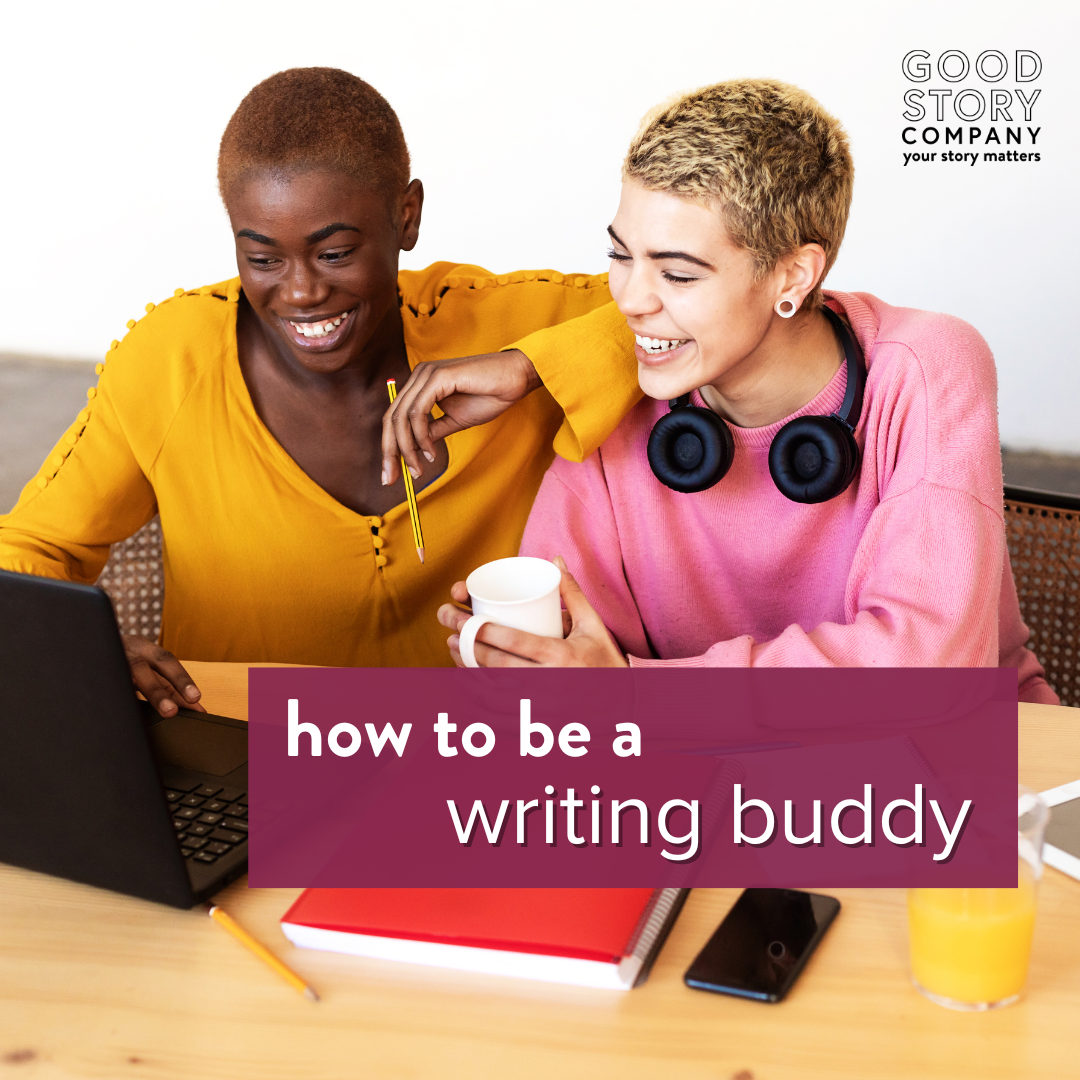
How to Be a Writing Buddy
How is a writing buddy different from a critique partner or writing partner? The terms are often used interchangeably, but I happen to think that a “writing buddy” is friendlier. So here’s how to be a good one, and boost your own critique and writing skills at the same time.
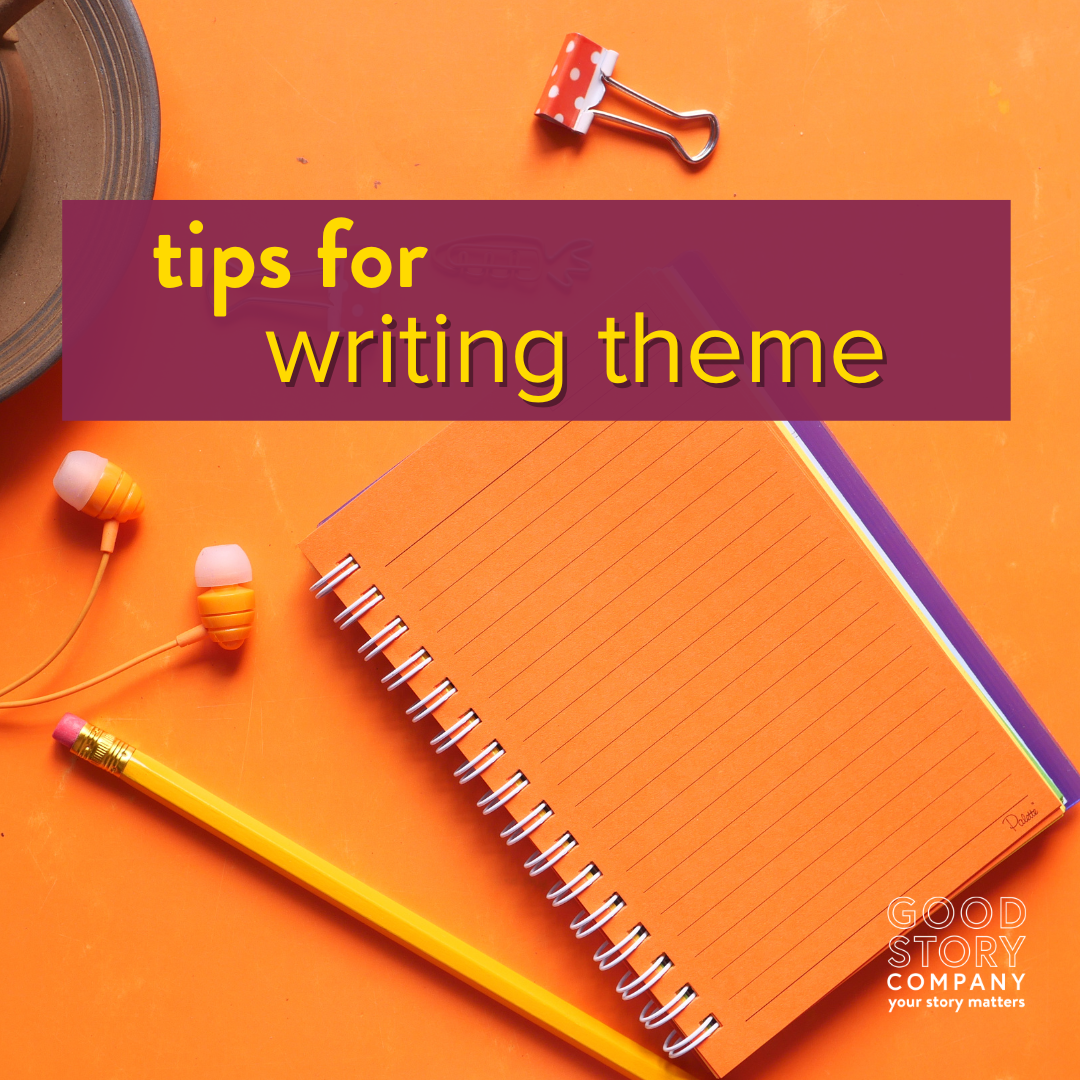
Tips for Writing Theme
The act of writing theme is an important ingredient in storytelling, but it doesn’t have to resound with Meaning-with-a-capital-M. In fact, theme works best when it’s subtle and even open to interpretation. Here are three tips that’ll help you incorporate theme into your story.

Writing The Opening Line
The opening line is your first opportunity to make an impression and entice your readers. You should want the opening line to work for the story and be meaningful, but at the same time you don’t want it to do too much. Here’s how to find that balance.
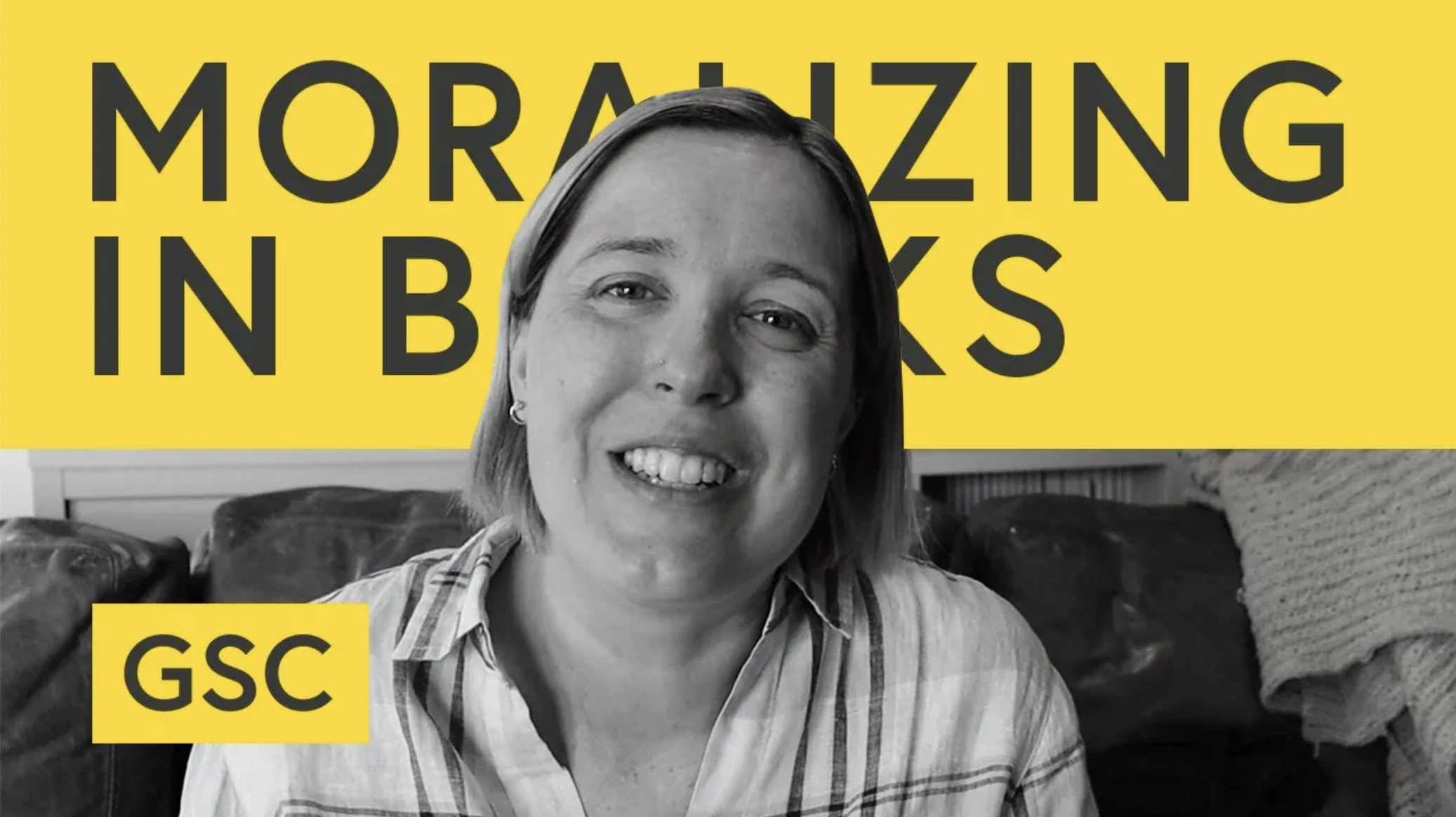
Moralizing in Books
Think twice before you moralize in your book. Ditch "sharing is caring!" and go for a more nuanced message. Here's how.

Writing Female Characters
Writing female characters can be harder than you expect, as a writer, but it’s important to get right. There are some blind spots that many of us—men and women alike—have when it comes to crafting compelling female characters.

How to Organize Your Writing
If you’re a beginning writer, you may be wondering how to organize your writing. Working on a novel means you’ll have lots of bits and pieces to keep track of: character and setting notes, plot outlines, reference photos, versions of your manuscript, notes to yourself, quotes and inspiration to keep you going when the going gets tough...yikes!
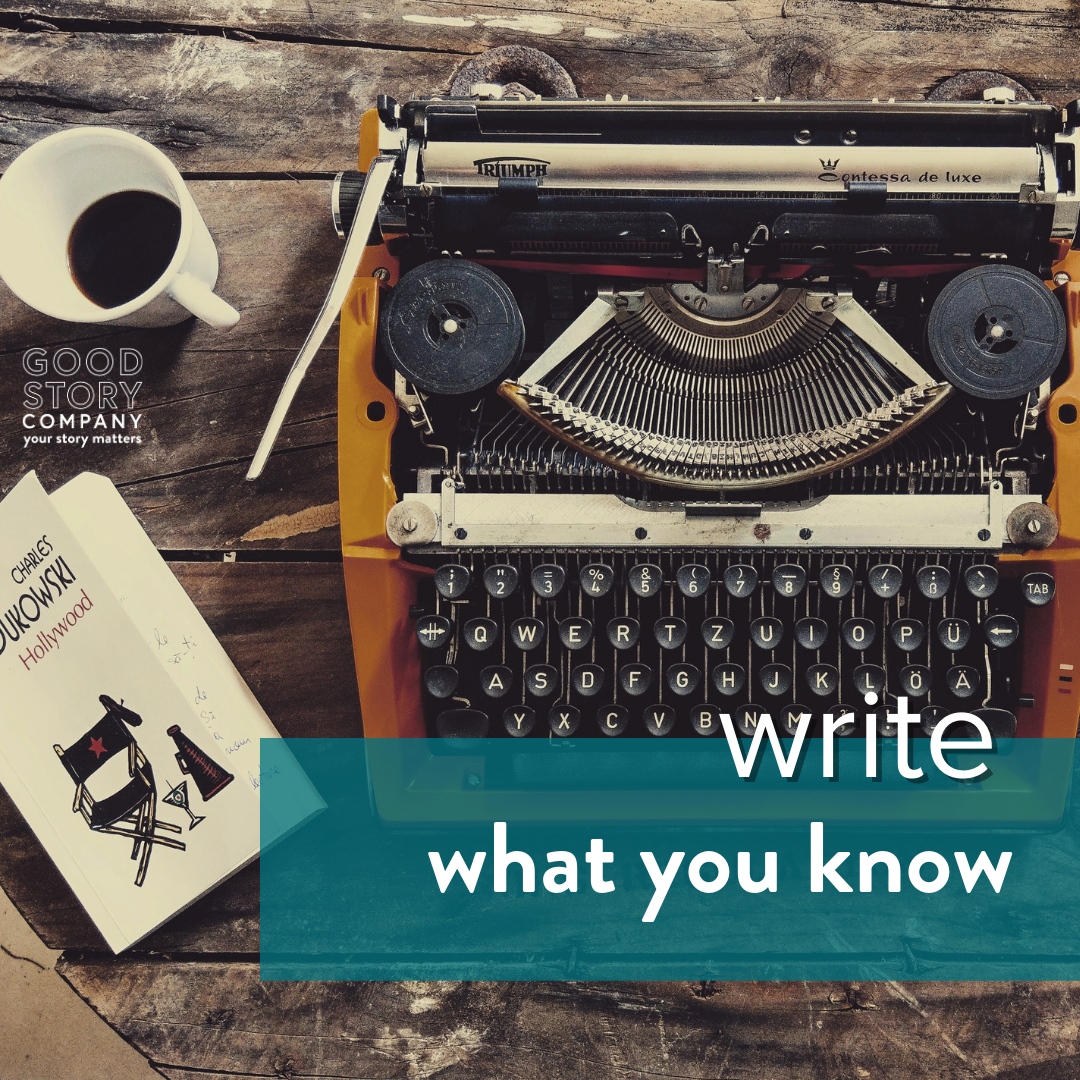
Write What You Know
“Write what you know” is common advice, but it can feel like an attempt to limit creativity. You write to discover new places and understand different points of view. If you only write what you know, how can you write about what you don’t know?

A Million Bad Words
In order to write, you have to WRITE! Spending time learning theory, taking classes, and reading books are beneficial, but ultimately it is practice that will make you a better writer. Learn how a million bad words can turn into a good story.
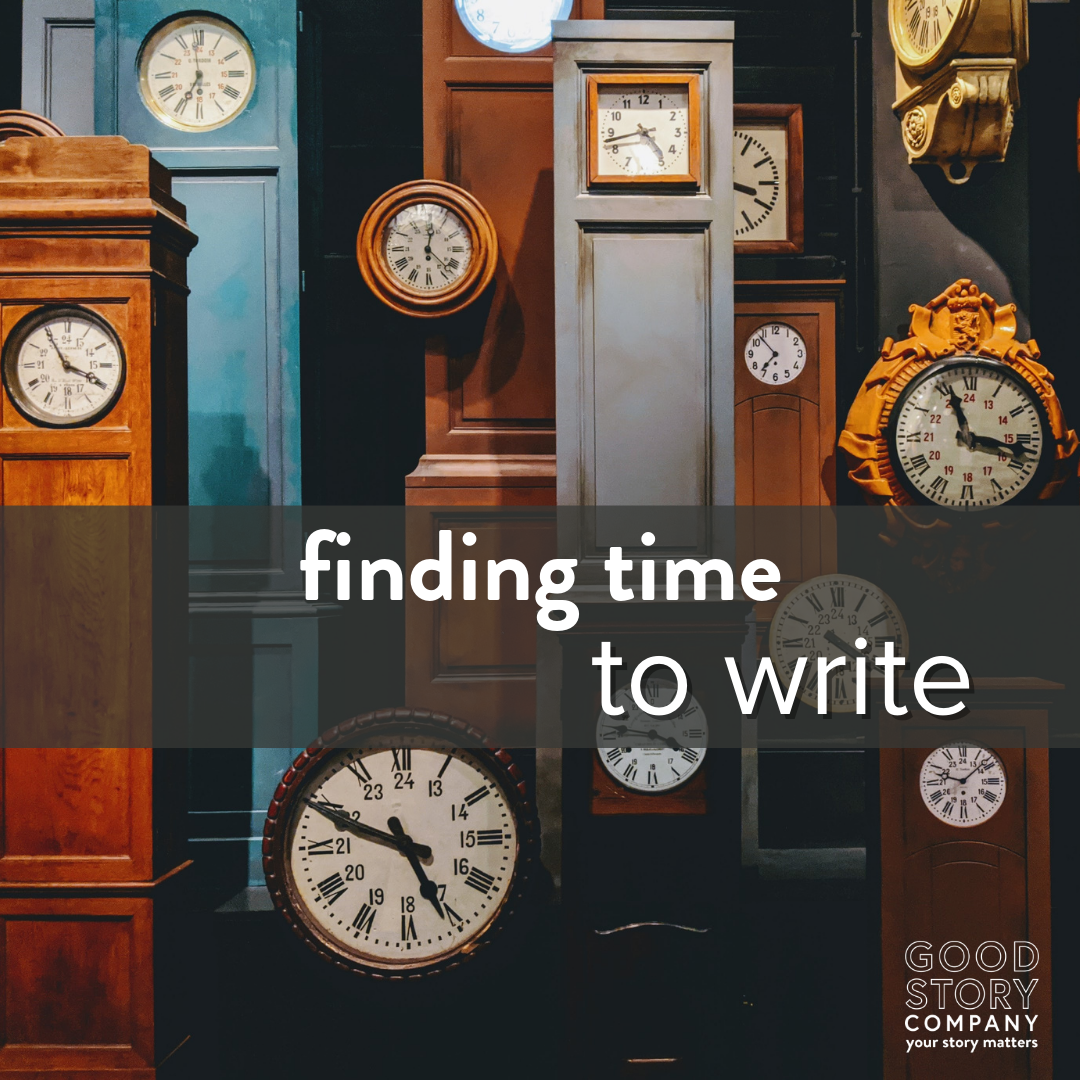
Finding Time to Write
Finding time to write can sometimes seem impossible. If you have a packed schedule due to school, your day job, or multiple day jobs, you may think it’s impossible to start your novel, let alone finish it. Here are some ways to carve out time in your day to write.
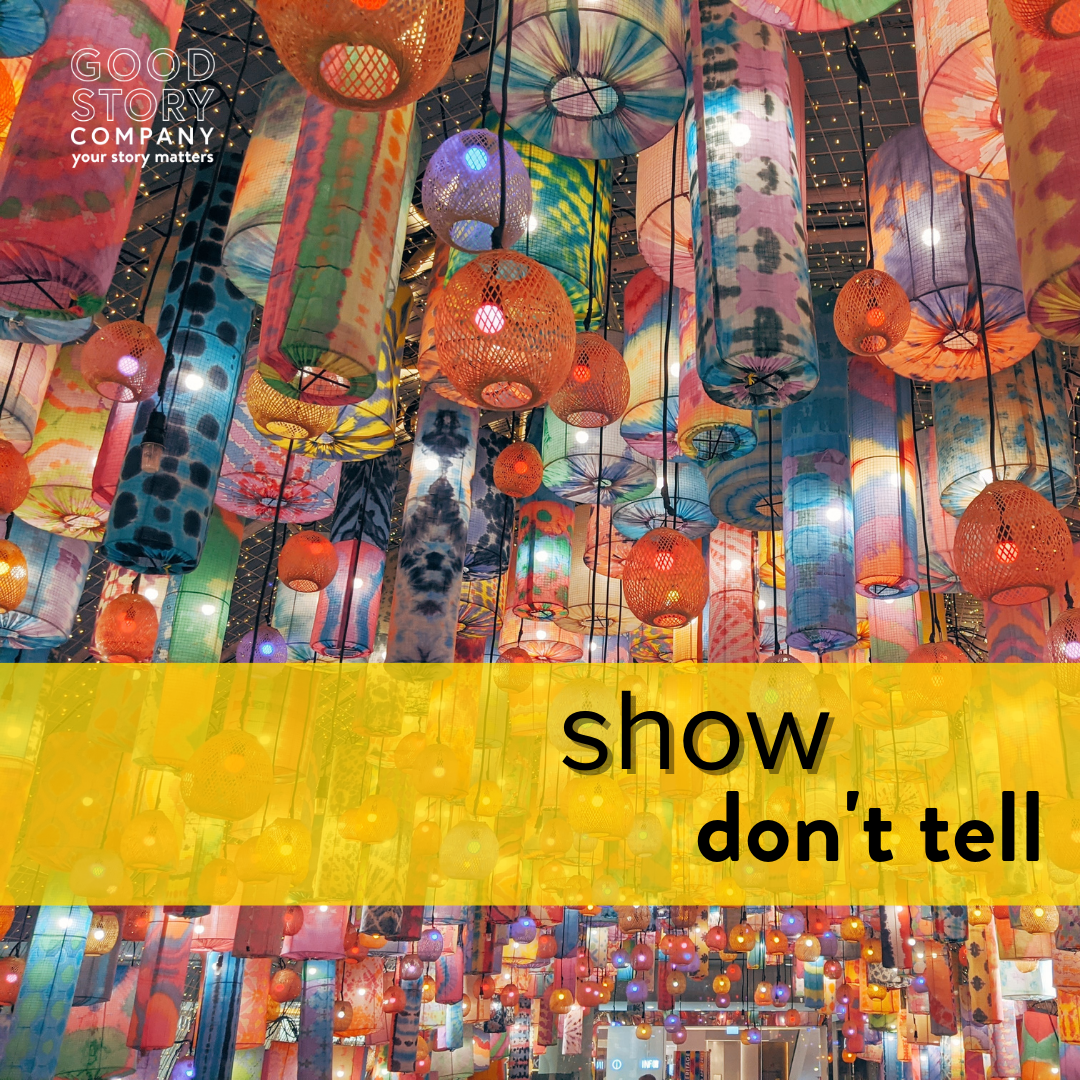
Show Don’t Tell
Show don’t tell is one of the first pieces of advice given to new writers. My first writing professor preached that we all STAY AWAY from exposition. Still, even with SDT etched into our minds, writers slip into exposition and description, missing opportunities to immerse their readers.

Episode 7: Jessica Brody, Author and Writing Teacher
An interview with author and writing teacher Jessica Brody, where we discuss what makes a compelling story, how to apply story structure whether you're a plotter or pantser, and tackling large-scale revisions without ripping your hair out.

Writing Descriptions
Dust motes swirling in the gloom are enchanting, but do you really need to describe them in detail? Let’s look at some guidelines for writing descriptions so you can quench your thirst for gorgeous imagery without sacrificing the pacing of your story.

Help! I’m Stuck in the Muddy Middle!
Most times we can see where our story begins and where it ends, but it’s the muddy middle where we get stuck and face writer’s block. Here are some tips to get you out of the sludge and moving again.

The Writing Journey with Leslie C. Youngblood
Author and former assistant professor of creative writing Leslie C. Youngblood joins Mary Kole on the Good Story Podcast. She shares her journey through her MFA program, gives tips on crafting interesting character relationships, and weighs in on one of the hottest questions for authors today: traditional or self-publishing?
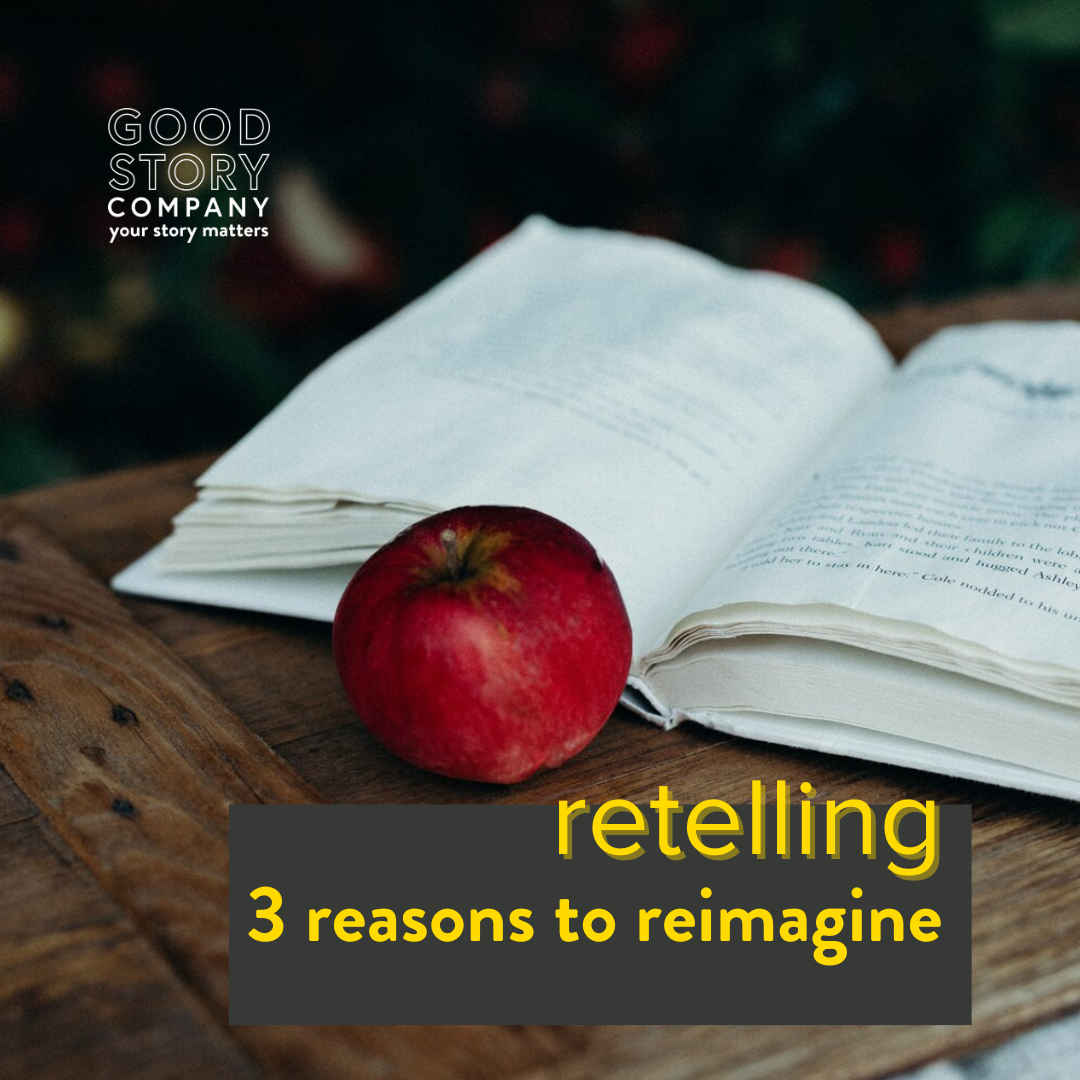
Retelling (3 Reasons to Reimagine)
Is it just me, or does it seem like retellings and reimagined stories are everywhere you look? Whether I’m on the Kindle page or surfing Netflix, it seems like everyone’s telling familiar tales in different ways. Here’s more about this trend and why it matters.

Episode 21: Gabriela Pereira, founder of DIY MFA
Gabriela Pereira discusses her journey to founding DIY MFA, the do-it-yourself alternative to a Masters degree in writing, while living with bipolar disorder. She shares tips about unconventional learning styles, finding a writing community in your backyard, and using storytelling to effectively market your work.

More Than Words: Avoid Clichés
As writers, we know we should try to avoid clichés and stereotypes. But you might not think of unique imagery as you’re writing your first draft, so you drop in a cliché as a placeholder. When revisiting a manuscript to self-edit, though, many writers often overlook the cliché that’s right in front of them: the clichéd image.
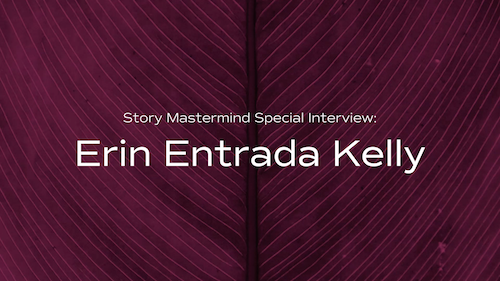
Story Mastermind Interview with Erin Entrada Kelly
A discussion with middle grade author and Newbery medalist Erin Entrada Kelly about writing outside your lived experience.

How to Write Diverse Characters (And, Also, Are You Qualified?)
Wondering how to write diverse characters? Many writers aspire to create worlds that look like a true fusion of personalities and cultures, religious beliefs, and ethnicities. How do we create art that imitates the life we are striving for?

Writing the Protagonist and Antagonist
One question many writers have when they begin work on a novel is how to write a compelling protagonist and antagonist. These are vital roles to function well in a manuscript. How do we make sure they leap off the page?
